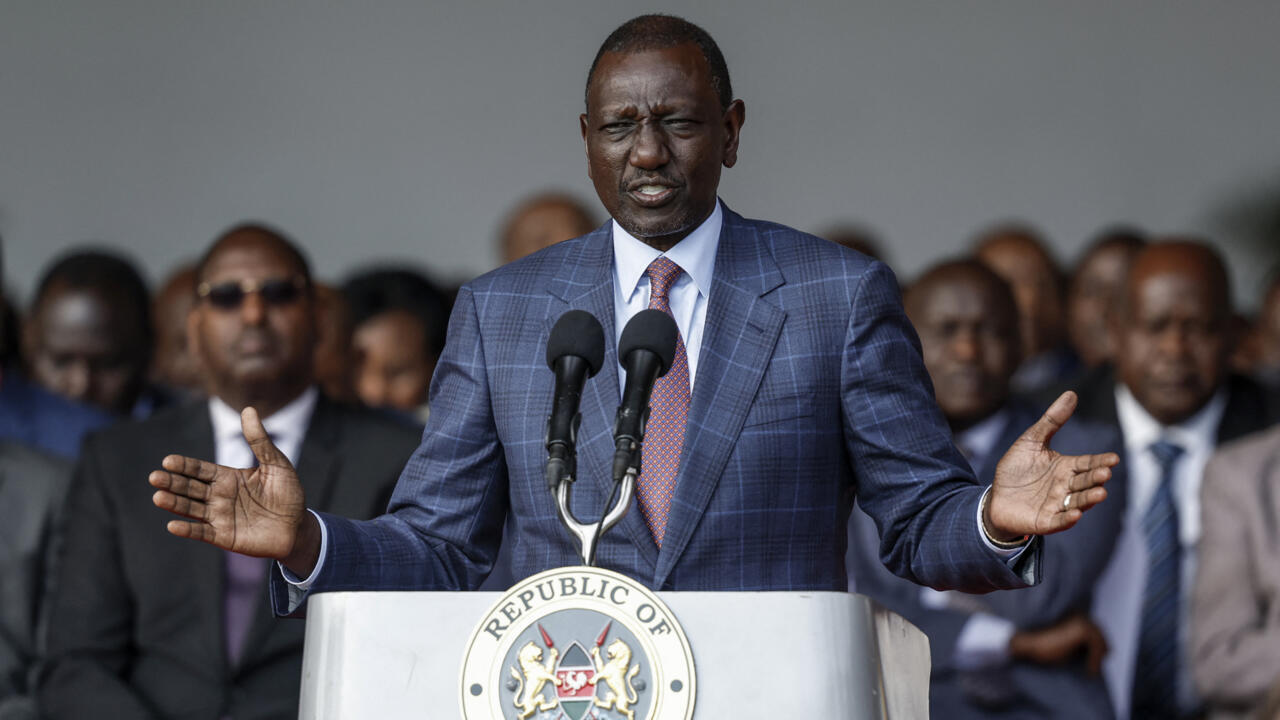Kenya’s government will not introduce new taxes or raise existing ones in its 2025–26 budget proposals, Finance Minister John Mbadi said Tuesday, nearly a year after violent protests forced the administration to back down on a major tax hike plan.
More than 50 people were killed in June 2024 during youth-led demonstrations against a proposed $2.68 billion tax increase. The unrest prompted President William Ruto to scrap the measures and led to delays in financial support from the International Monetary Fund.
“The finance bill doesn’t have to always adjust tax rates upwards,” Mbadi said during a televised address late Tuesday. “This year’s finance bill is more on tax administration, sealing loopholes, and making tax collection more efficient.”
The government has submitted its finance bill to parliament, which typically includes amendments aimed at increasing revenue. It also sent its overall spending plan for the fiscal year starting in July, proposing total expenditures of 4 trillion shillings (about $31 billion), with a projected budget deficit of 4.5% of GDP.
“There are no new major tax measures,” Mbadi said, adding that the government hopes to raise an additional 25 to 30 billion shillings through improved enforcement and compliance.
One proposal in the finance bill, however, has drawn criticism from rights advocates and business groups. The measure would grant the tax authority access to financial information from businesses and individuals to identify tax evasion.
Mbadi defended the move, saying some wealthy individuals have exploited legal protections to avoid paying taxes.
“There are so many people out there operating big bank accounts, and they cannot pay tax simply because they are protected by these kinds of mischievous laws,” he said.
Parliament is expected to debate and vote on the proposals ahead of the national budget presentation next month.

